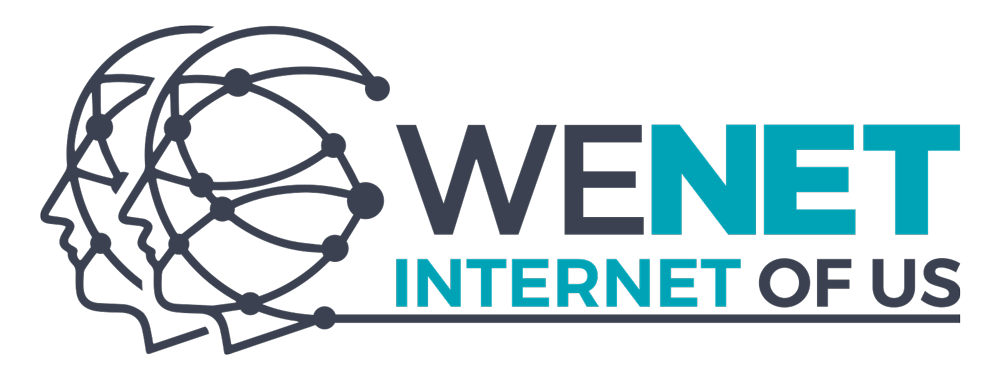When Social Networks Become ‘Diversity-Aware’ Research Platforms
PYMNTS interviews Dr. Fausto Giunchiglia, project coordinator for WeNet project.
Bigger, better, faster — those are often the guiding principles for innovation, disruption and change in the digital and mobile worlds. What about smarter, and more diverse?
Those traits could find their way into more social media and online research interactions — and the payments and commerce associated with them — in the coming years, if Dr. Fausto Giunchiglia, project coordinator for Italy-based WeNet, gets his way. Launched one year ago, and now involved with some 18 global pilots with a variety of aims, the project is meant to enable better web connections and interactions among a more diverse group of users than is often the case with current social media. In the words of the project, WeNet “will seek to develop a diversity aware, machine-mediated paradigm of social interaction, exploiting the complementary competencies of humans to solve problems that are beyond the skills of any individual.”
Toward A Better Internet?
It’s a long way from here to there, and understanding the aims and design of WeNet can be challenging at times, even though Giunchiglia is an enthusiastic proponent. However, the fledgling WeNet effort — one backed by the European Commission’s Horizon 2020 program as part of the “Future and Emerging Technologies” (FET) initiative — comes as machine learning and artificial intelligence are fueling a better, more inclusive and more sophisticated internet, one that enables more types of people to interact and relate with each other — depending on their own personal needs. WeNet is part of a world where so-called Big Data and smarter data analytics are carving paths to more personalization and efficiency in all types of digital and mobile encounters.
“The bottom line is that diversity is everywhere,” Giunchiglia said.
The term means more to WeNet than just ethnic or racial differences. It’s about the different experiences and expertise that web and mobile users bring to the table, and about finding various ways to make use of that diversity, while also ensuring users that people on the other end of those electronic signals really are who they claim to be. Yet, the challenges to achieving such diversity and making use of it are pretty ancient, even in the 21st century.
“People don’t like diversity because they don’t like change,” he told PYMNTS. “They stick with people they are used to.”
Pilots And Payments
A closer look at one of the 18 university- and research-focused WeNet pilots illustrates the aims of the program, which is currently scheduled to run 48 months in total. A pilot in Mexico, WeNet said, has the overall goal of using “new mobile technologies to study a pervasive problem affecting young people: overweight and obesity. According to national statistics, there are more than 6 million people under 25 affected by this health issue. The WeNet platform will be used to study the overall environment of young people in relation to their eating and physical activity habits.” Indeed, that sounds like using Big Data, wearables and other sources to help people get into better shape (while often selling them certain products and services), but on a different scale, and perhaps with differing intentions.
The pilot in Mexico, according to WeNet, “will use the i-Log mobile app to collect detailed data about eating and physical activity. Several WeNet partners are contributing to this phase. The i-Log tool was developed at the University of Trento (UNITN) to collect in-situ data from phone sensors and short surveys. The implementation of the infrastructure for data collection involves a collaboration between UNITN and U-Hopper. Once collected, the mobile data will be analyzed through collaboration between Idiap and IPICYT.”
At this point, much of this might sound abstract and theoretical. However, eventually, the scope could broaden to include payments and commerce, Giunchiglia told PYMNTS on Thursday (Jan. 2). “That’s a major area, and I believe we will do it,” he said, saying such projects could get off the ground within the next year or so.
The main challenge for WeNet going into 2020 is how to scale its vision of diversity, he added. The pilots will help point the way forward on that, but, for now, there is much research to be completed. “We don’t yet know what we don’t know,” he said.
Read the original article here: www.pymnts.com





